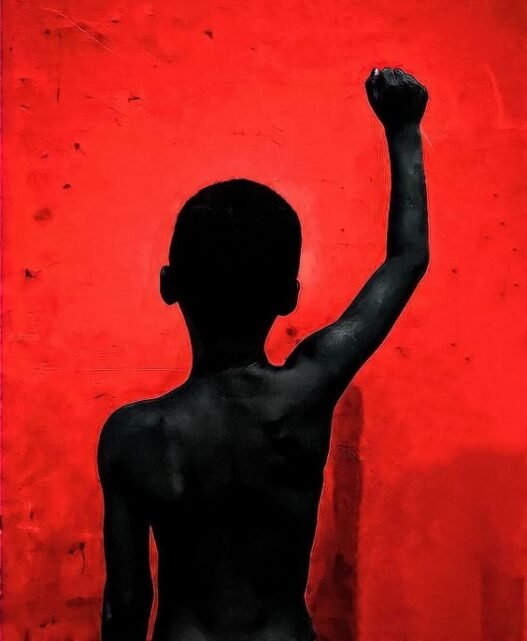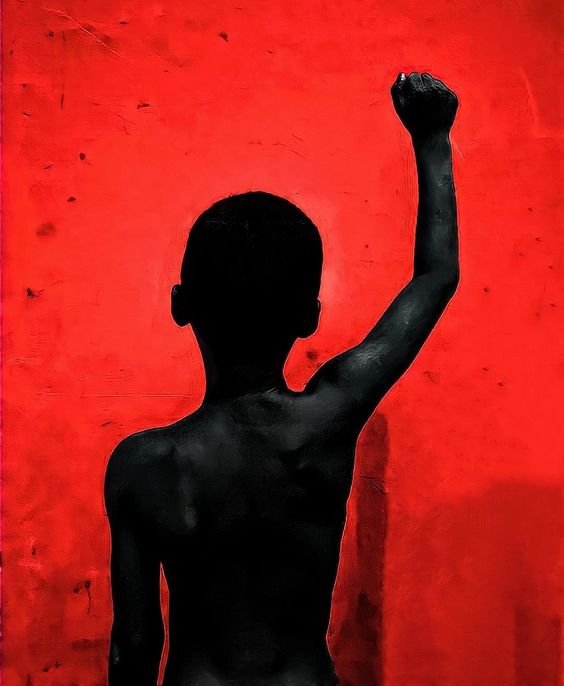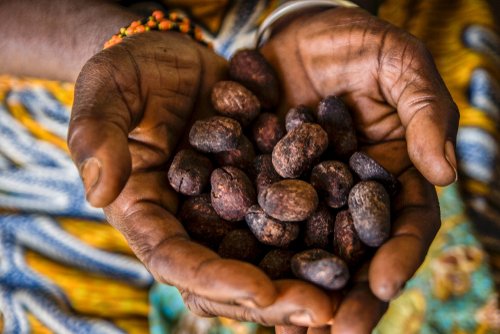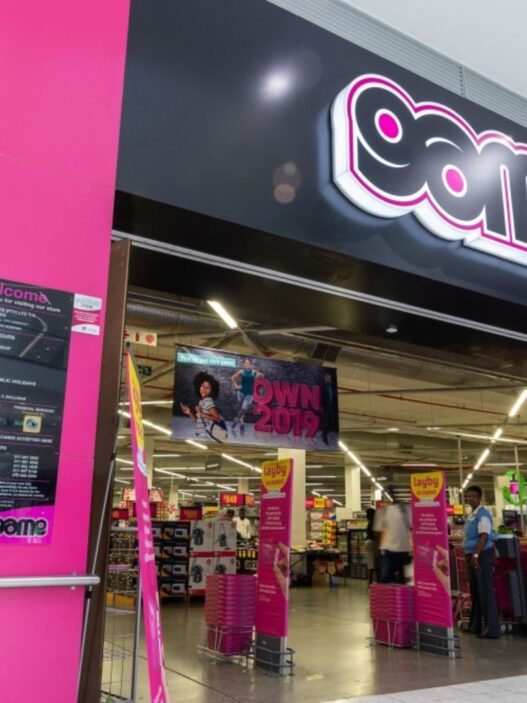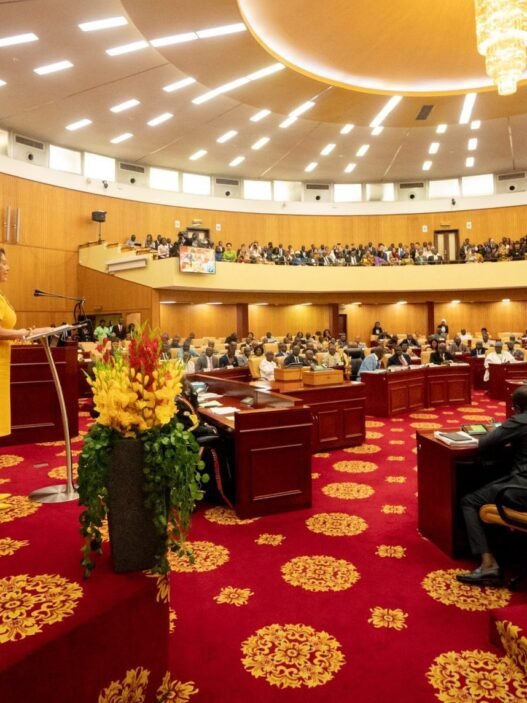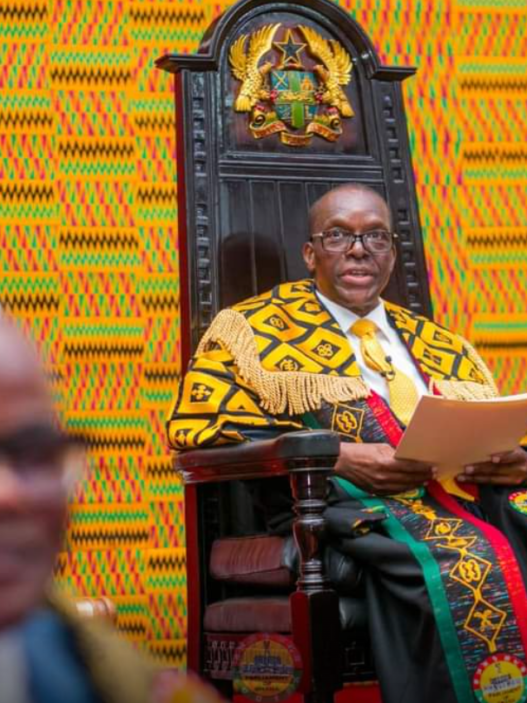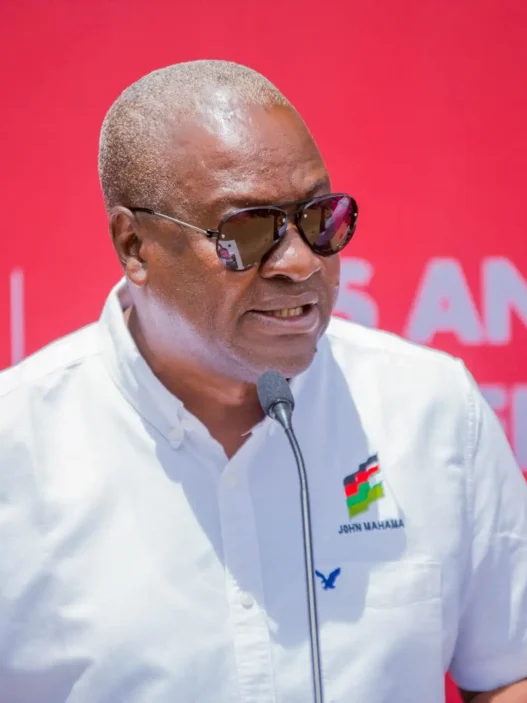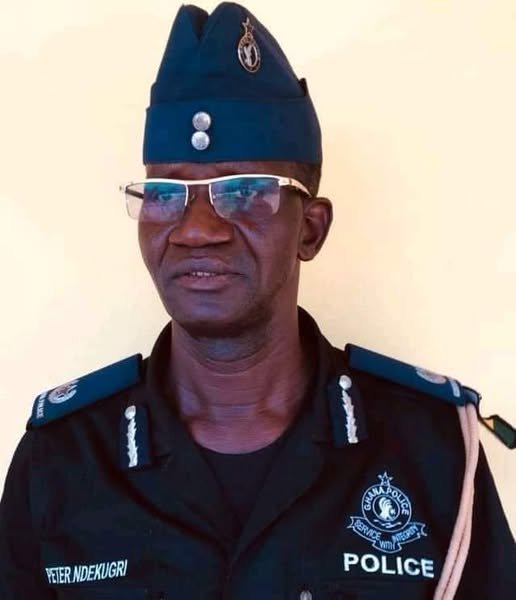Ghana has long been regarded as a beacon of democracy in Africa, often praised for its peaceful transitions of power, vibrant civil society, and, crucially, its relatively free press. Yet, in recent years, questions have emerged surrounding the state of media freedom in the country. What once seemed like an assured legacy is now clouded by concerns about press independence, safety, and government interference. This critical moment in Ghana’s media landscape invites both a reassessment of its achievements and a frank conversation about the challenges ahead.
“Media freedom is not just the liberty to report, but the power to inform, challenge, and inspire change without fear. As Ghana redefines its press landscape, the nation’s democracy depends on safeguarding this essential right.”
Kay Codjoe, Advocate of Media Freedom and Press Independence in Ghana
A History of Progress
Ghana’s media freedom has come a long way since the early years of independence, when the press was tightly controlled by the state. The 1992 Constitution and the subsequent repeal of criminal libel laws in 2001 marked a turning point, liberating journalists from the threat of imprisonment for criticizing government officials. These milestones helped Ghana rise to prominence in the World Press Freedom Index, earning a global reputation for a free and diverse media environment.
The explosion of privately-owned media outlets in Ghana—radio stations, newspapers, and, more recently, digital platforms—reflects the country’s commitment to press pluralism. For much of the 2000s and 2010s, Ghana was often seen as a role model for other African nations aspiring toward democratic governance, with a media landscape that actively held power to account.
Current Setbacks and Challenges
Despite these historical achievements, recent developments have raised concerns about the erosion of media freedom in Ghana. In recent years, journalists have faced increasing threats to their safety, ranging from verbal attacks to physical violence. The tragic killing of investigative journalist Ahmed Hussein-Suale in 2019 sent shockwaves through the press community, underscoring the growing danger faced by those who expose corruption and wrongdoing.
Additionally, accusations of government interference in media content have surfaced, with some journalists and outlets claiming they have been pressured to tone down their criticism of the authorities. The rise of “media capture,” where powerful political and corporate interests shape media narratives, has further muddied the waters. Coupled with this, the digital age presents new challenges such as cyber harassment and surveillance, leaving journalists feeling more vulnerable than ever before.
The Role of Regulatory Bodies
The National Media Commission (NMC) and the Ghana Journalists Association (GJA) play crucial roles in safeguarding press freedom, but their influence is sometimes constrained by political and economic pressures. There is an urgent need for these bodies to be strengthened, both in terms of their autonomy and their ability to enforce standards. Proper regulation is key to preventing media polarization and ensuring that the press remains independent and responsible.
Opportunities for Reclaiming Press Freedom
Despite the challenges, there are significant opportunities to revitalize Ghana’s commitment to media freedom. First, the rise of independent digital platforms and citizen journalism offers new spaces for unfiltered discourse. As traditional media outlets face pressures, online platforms are providing alternative narratives and empowering everyday citizens to contribute to public debates. However, for these platforms to thrive, robust protections for freedom of expression and privacy must be ensured in the digital sphere.
Secondly, Ghana has an opportunity to lead the charge in media literacy and the fight against misinformation. By equipping the public with the skills to discern credible news sources from false information, the media can rebuild trust with its audience, further strengthening the nation’s democratic fabric.
Finally, international attention on media freedom in Ghana presents a window for reform. Ghana can draw on partnerships with global press freedom organizations, leveraging their expertise and resources to create a safer and more resilient environment for journalists.
Conclusion
As we revisit the state of media freedom in Ghana, it’s clear that while much progress has been made, significant hurdles remain. The press, long celebrated as the fourth estate, is in need of stronger protections, both from within and outside. By fostering an environment where journalists can work freely and safely, Ghana can continue to be a model for media freedom on the continent. The path forward is not without challenges, but it is one worth walking—both for the press and the nation as a whole.
Travel complements this focus on wellness by offering new perspectives and rejuvenating our spirits. Whether it’s a weekend getaway or an extended exploration of distant cultures, travel broadens our horizons and provides invaluable experiences that enrich our understanding of the world and ourselves.









